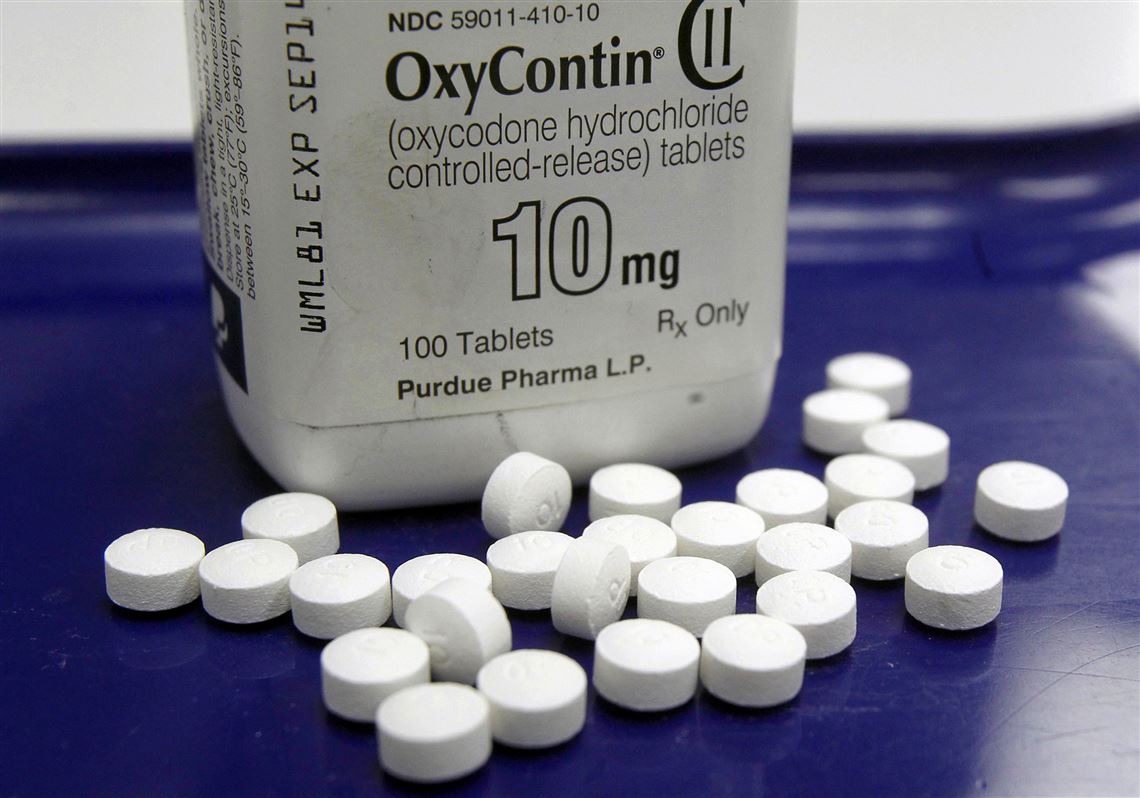Policy
U.S. Senate Testimony
May 23, 2024
Dr. Perrone, recently testified in front of the United States Senate to talk about the dangers of fentanyl, the importance of low-barrier MOUD care, and much more. Read more about her testimony here!
Op-Ed to Pittsburgh Post-Gazette
July 25, 2024
Dr. Perrone wrote an article for the Pittsburgh Post-Gazette about the importance of low-barrier buprenorphine treatment and the important next steps in terms of funding. Specifically, Medicaid, Medicare, and other insurers need to be willing to fund holistic care for these patients. Read more about it here!
In-Hospital Substance Use
February 7, 2024
Addressing In-Hospital Healthcare Substance Use in Patients with Substance Use Disorders: Download PDF here
Removal of DATA Waiver (X-Waiver) Requirement for Buprenorphine Prescribers
January 12, 2023
SAMHSA: “Section 1262 of the Consolidated Appropriations Act, 2023 (also known as Omnibus bill), removes the federal requirement for practitioners to submit a Notice of Intent (have a waiver) to prescribe medications, like buprenorphine, for the treatment of opioid use disorder (OUD). With this provision, and effective immediately, SAMHSA will no longer be accepting NOIs (waiver applications).”
Read the DEA letter here.
What Can Pennsylvania Learn from the Opioid Epidemic?
May 12, 2022
It’s the worst part of my job as an emergency physician: witnessing how the pandemic has widened gaps in care for people struggling with substance use disorders (SUD). These gaps have resulted in thousands more overdose deaths since 2020. But that’s population data; there’s only one real statistic to the parents of a young adult suffering an accidental fentanyl overdose. “Accidental” refers to unpreventable, like a tsunami, and overdoses are preventable. If only my patients had been able to access care while in the chaos of addiction.
On April 12, 2022, the Pennsylvania House Health Committee hosted a public hearing on opioids in the commonwealth. The goals were to update lawmakers on the challenges of the rising death rate from fentanyl and other synthetic substances and to encourage clinicians, advocates, and state leadership to advance possible solutions. My testimony at this public hearing focused on the need to expand (1) low-barrier treatment access (via emergency department [EDs], peer-led engagement, and telehealth) and (2) harm reduction strategies (via naloxone, fentanyl test strips, and syringe service programs).
Multiple studies, including randomized controlled trials, have demonstrated the efficacy of medication-for opioid use disorder (MOUD); buprenorphine, especially, is arguably a more effective treatment for SUD than aspirin is for heart disease. Unfortunately, medications are underutilized due to provider- and patient-level barriers to treatment access that foil the best intentions. Appointments, insurance, transportation, and pharmacies can all stand in the way of the first dose of this life-saving medication.
New policy will let nearly all doctors prescribe addiction medicine buprenorphine
BIDEN EASES PRESCRIPTION RESTRICTIONS ON OPIOID TREATMENT — The Biden administration will make it easier for doctors and nurses to prescribe buprenorphine, a common opioid addiction treatment, months after scrapping a last-minute Trump-era policy similarly aimed at expanding access.
A new notice released by the Administration today exempts many health care providers from a two-decade-old rule mandating they receive one day’s training before they could prescribe the treatment.
The federal government closely monitors providers’ prescriptions of buprenorphine because it’s one of the only drugs in the country that has a patient cap. Drug treatment advocates have long argued the requirements around buprenorphine prescriptions were improper given the scope of the drug crisis.
Some drug policy groups had pushed the administration to eliminate all restrictions on buprenorphine prescribing, but Tom Coderre, acting assistant secretary for mental health and substance use, told reporters that would require an act of Congress.
Ending the Opioid and Overdose Crisis, Four Federal Policy Recommendations
March 2021
Supervised Injection Facilities and Other Supervised Consumption Sites: Effectiveness and Value
January 8, 2021
Senator Patrick Toomey leads discussion with experts about Opioid Use Disorder
Nov 19, 2020
"These Key Telehealth Policy Changes Would Improve Buprenorphine Access While Advancing Health Equity"
September 17, 2020



